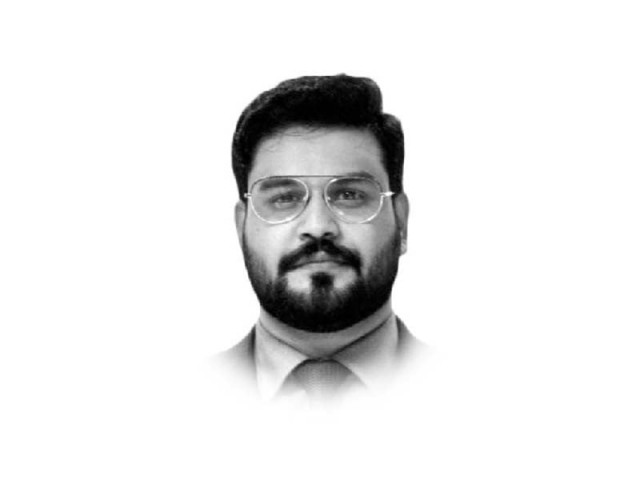Toxic mix of religion and politics in India
The hate-driven Hindutva ideology heavily banks on the use of religion

As the world’s largest democracy plunges into the abyss of communal violence, radical groups are calling the shots. That is so because the ruling BJP has lent state support at their disposal. It’s a free for all contest, as India sinks deep into remorse and mourns the death of secularism. Religious rhetoric and exclusionism have now become permanent answers of the ruling party, and sense of otherness is the order of the day. BJP’s cronies have been let loose to wreak havoc on the minority groups across the country, and especially Muslims are on the receiving end.
As the country stands deeply divided on communal and ethnic lines, the recent surge of cross-country violence is a stark reminder of acute social polarisation. From Gujarat to Delhi, and from Karnataka to Assam, clashes are in vogue. The state is merely a spectator. The modus operandi is to systematically target minority groups; and apart from Muslims, Christians and Sikhs are also attacked. Religion is evidently being used as a tool for political gains in India, and this is quite unfortunate in a nation of billion-plus people. Quite recently, a prominent BJP leader, Haribhushan Thakur Backhaul, gave a call to set Muslims ablaze just like the famous Hindu religious ritual of setting fire to an effigy of the fabled demon, Ravana. This is resourcing to mythology and could prove deadly for the entire region.
Political use of religion is further visible if one observes the timing of recent clashes. On the occasion of Ram Navami, birthday of Hindu god Ram, violence broke out in many states of India including Gujarat, MP, Goa, West Bengal, Jharkhand and Maharashtra. Multiple casualties and injuries were caused by these riots along with damages to several houses, religious places, cars and properties. This is vandalism and the reason behind it is the criminal silence of those at the helm.
Activists of right-wing Hindu nationalist organisation VHP and their mentor RSS were primary organisers in most of the areas where riots took place. VHP has a history of inciting violence and has played a pivotal role in the 1992 demolition of Babri Mosque. Similarly, riots erupted in Delhi on another religious festival, Hanuman Jayanti. The passive response of the Indian government towards these events has been more alarming.
Unfortunately, the local administrations’ response has been to somehow provoke the minorities by appeasing the radicals. Delhi police was seen pelting stones on hapless minorities. Likewise, the North Delhi Municipal Corporation’s so-called anti-encroachment drive was ruthless and biased to say the least. This drive continues even after a stay order by the Supreme Court.
All the four pillars of the Indian state now unfortunately stand politicised, and seclusion is reigning in. This is suicidal for a heterogeneous society. State institutions have only become a ghost of their former self with little to no power of implementing rule of law. The will of the right-wing Hindu nationalist is being imposed on a country with the second biggest population in the world. With the future prospects of the likes of Yogi Adytanath becoming the next PM, a bleaker future awaits the already disenfranchised minorities of India.
The hate-driven Hindutva ideology heavily banks on the use of religion; and with no other mass-appealing alternative on the horizon, it is likely to be adopted by almost all the political factions in one form or another. The Dalits have already caved in. Lack of a strong political opposition, politicisation of state institutions, growing socioeconomic disparities, and complacency of the global powers will all be responsible for the myriad miseries befalling upon the Indian minorities.
What is feared is its regional spillover. India has porous borders with Bangladesh, Nepal and even Myanmar. Pakistan is not out of the fissures if the world’s largest human concentration camp of Kashmir is taken into account. The radicalism in the name of faith and the sense of otherness will keep on digging deep, and explode in a catastrophe. Only a sound political mindset backed by serious communal cohesion can pull India out of the mess it is in. Time for saner elements to take a call.















COMMENTS
Comments are moderated and generally will be posted if they are on-topic and not abusive.
For more information, please see our Comments FAQ